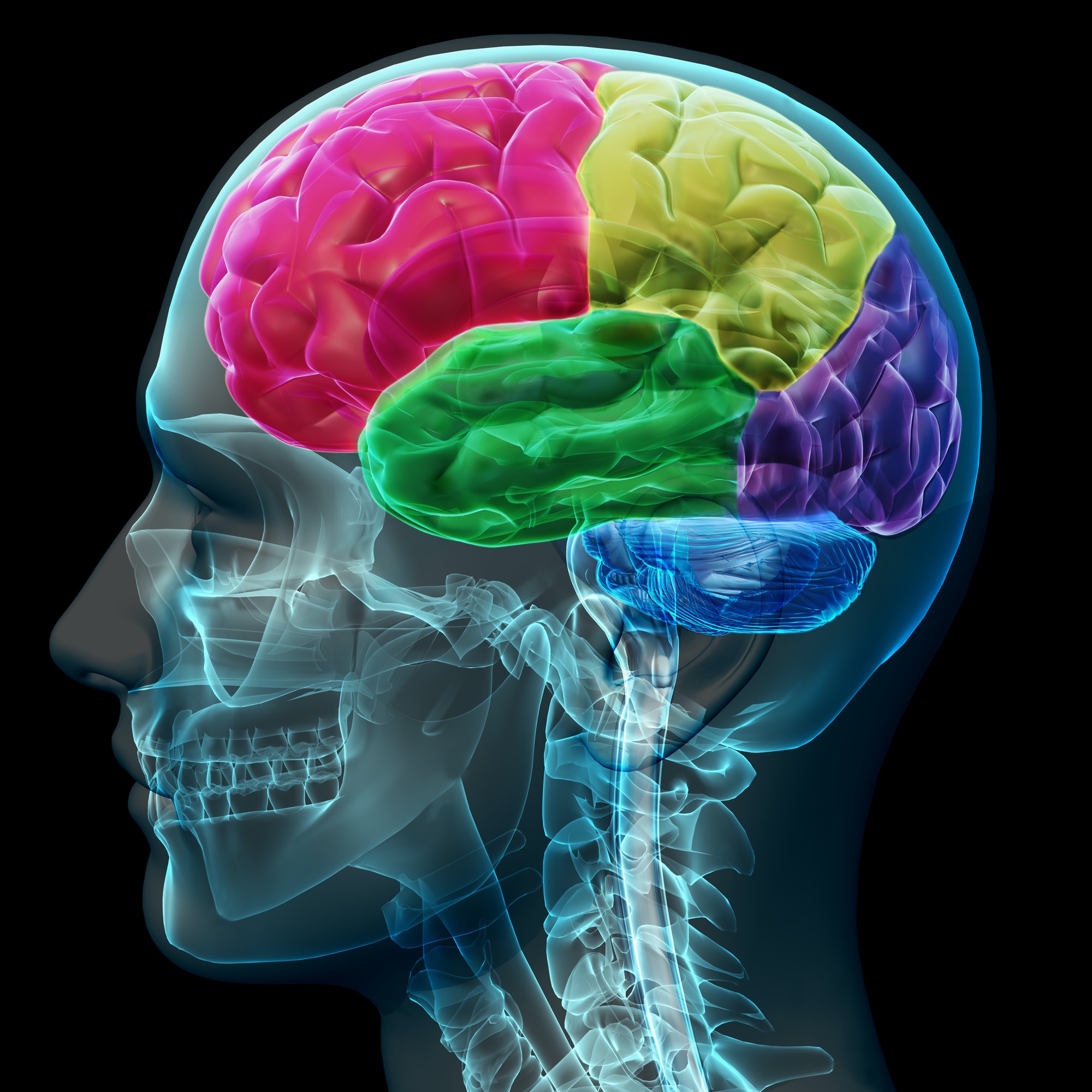
In the last blog I was talking about how we appear to attract into our lives whatever we focus on, because our unconscious mind learns to present to our conscious mind those things and that this is a learned behaviour. There is another clinically measurable biological process, that will control our emotional state and physical health. Again, this process is controlled by our unconscious brain and is also learned behaviour and it involves our response to confrontation.
We can respond in a number of ways to a confrontational situation; we have five built-in (evolved) responses that work with varying degrees in different situation. In some situations (aggressive dogs) freezing is generally the best option. In some situations (large dominant human) fawning, submissive gestures mostly work best. In some situations (charging large herbivore) running till you find a tree to climb is your best chance. In some situations (great ape or other similar sized human) a frenzied, screaming attack can be your most effective response. In some situations (pinned down by huge carnivore) resigning oneself to die leads to a chemical cascade of euphoric and pain killing drugs. All of these responses are built into us as options, because they must have worked for our ancestors. They are all possible outcomes of the rather simplistically named “fight of flight” response.
As a young child of perhaps two or three years old, you will have responded to various situations in at least four of these ways, (its unlikely that you resigned yourself to a gruesome death) but you probably found one of these strategies more successful in getting the result you wanted. What works will generally become a conditioned response. We are not talking about conscious choices here, or at least mostly not. You might have discovered that being quiet, obedient, with your head down and trying to please an angry parent worked well to placate and fend off their anger. Or that shouting and hitting a sibling with a heavy toy caused them to back off. What works gets repeated, that is, of course, how we learn. The successful strategy became a learned behaviour and was consigned to the cerebellum as an unconsciously operating, automatic programme, along with walking and bowel control.
Unlike walking and bowel control however, your confrontation response launched chemical cocktail that flooded your body. (unless potty training was accompanied by excessive anxiety and/or praise, in which case, you might have other issues) The initial fight or flight response will have triggered the amygdala and a whole cascade of physiological processes that I have covered in detail in other articles. However, the specific direction that your personal response followed after the initial stimulus, i.e. fawning, freezing, resigning, fighting or fleeing will have trigger a secondary flood of emotional chemicals.
The hypothalamus produces neuropeptides that travel to every cell in the body. These are the chemical signature of every emotion you feel. Every cell has a surface membrane with receptors to receive these peptides. It turns out that each cell can communicate with the brain and can demand peptides to fill its receptors. If the cells get an overabundant supply of any particular peptide, when they replicate themselves, (soft tissue cells will replicate in anything from a couple of hours to a few months) the next generation of cells will have more receptors for that particular peptide. So, to put it simply, if you are in the habit (learned behaviour) of responding with anger, every cell in your body will start to demand more anger. The cells will communicate this hunger for that particular peptide to your unconscious brain. Remember that your unconscious brain determines what you notice; what is brought to your conscious attention. Just like the car fanatic notices the DB9 as it passes on the motorway, the anger addict (for that is what you are becoming) will notice every opportunity to get angry. Remember, you will appear to attract into your life more of what you focus on, even when the choice of focus is unconscious. So happy people find it easier to be happy and appear to have more to be happy about, depressive people find it easier to become depressed and they will feel justified feeling that way because of the depressing things they notice, loving people will see more opportunities to be loving and angry people will observe more to be angry about.
Let me give you another reason why your reaction matters.
When you are content and relaxed, your body is producing its own version of Valium. When you are happy and joyful your body is flooded with endorphins which also boost your immune system, helping you fight viruses and bacteria. When you feel brave and invincible you produce a neuropeptide similar to interlukin-2 one of the most powerful cancer fighting chemicals. Now, when you are in a state of fear / dread you are producing cortisol and adrenaline, which, while they have their short term benefits, are involved in both the suppression of your immune system and in the development of cancer.
Which means that when faced with a challenging situation, whether your automatic response is to be confident, excited and fired up with the expectation of success or whether your guts churn in dread at the prospect of failure, has a massive effect on you beyond simply whether you have a good day or a bad day. And as mentioned above, remember you become addicted to the emotions you regularly feel.
